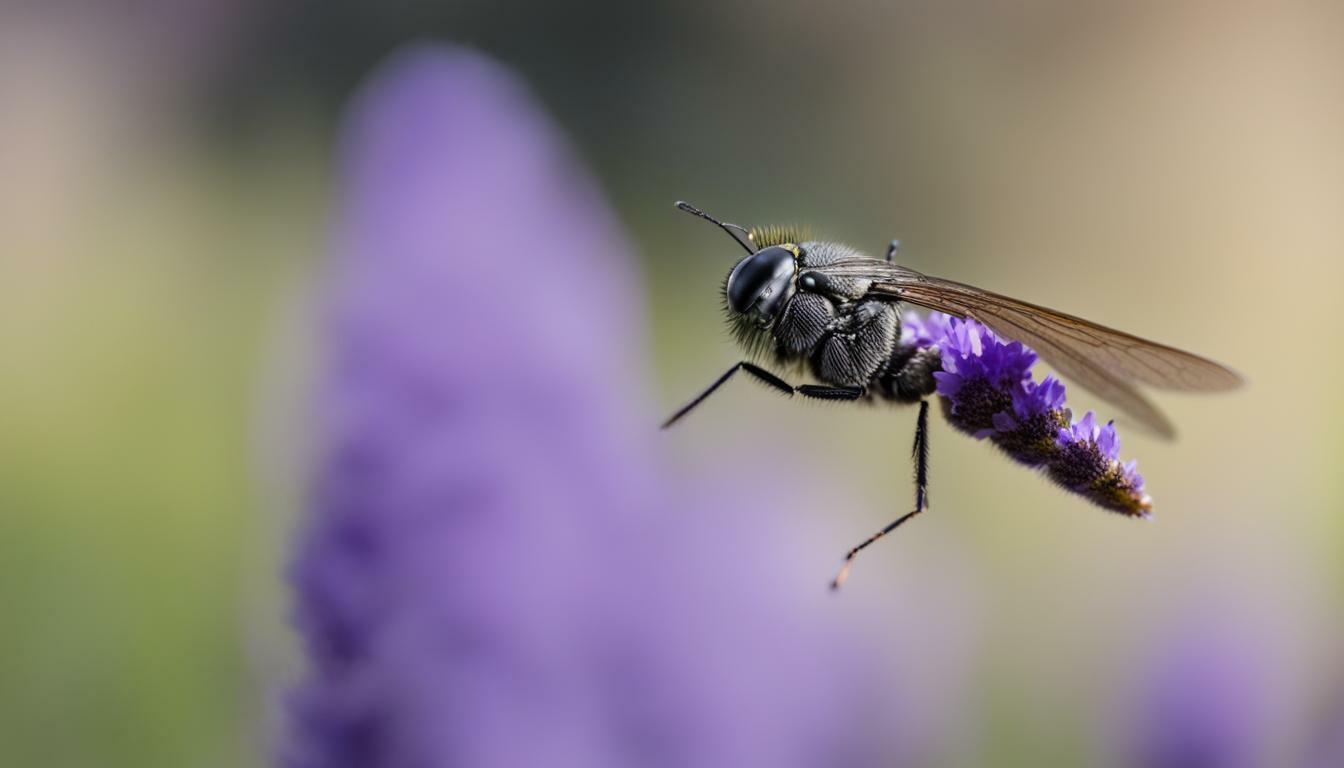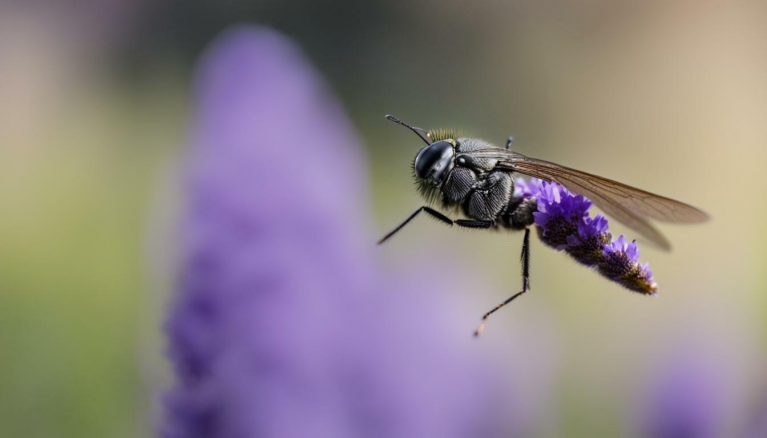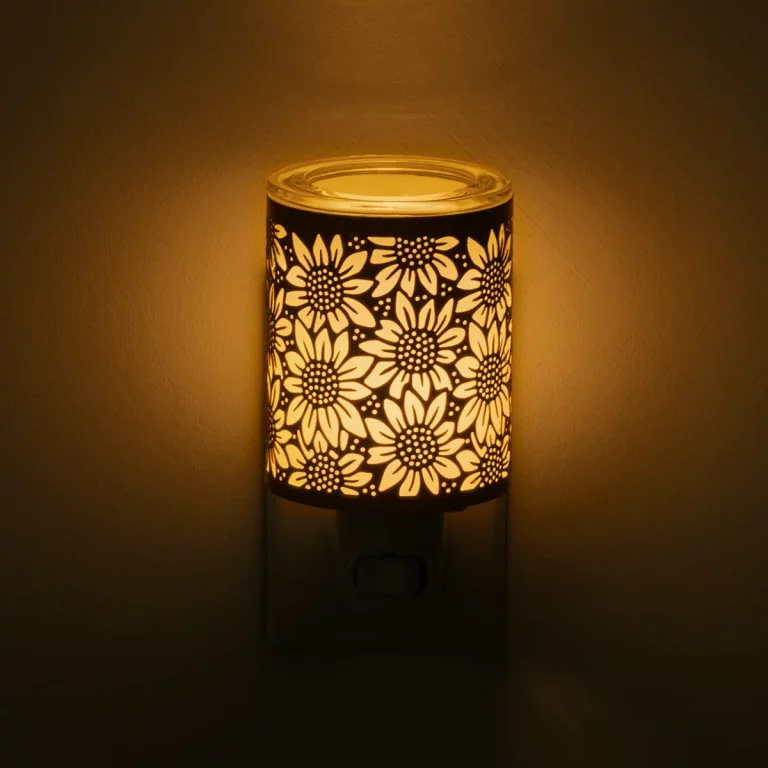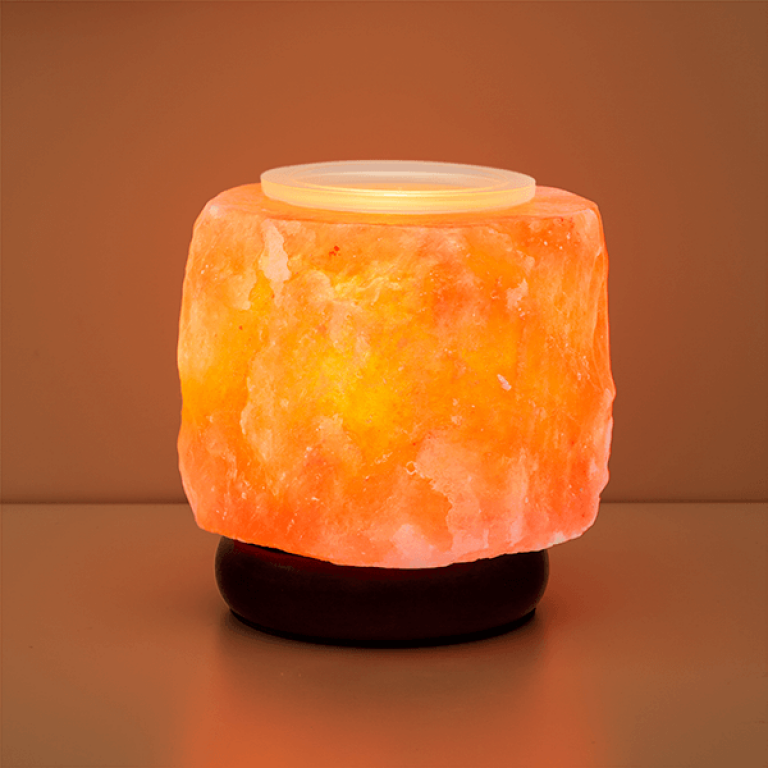Discover What Smell Will Keep Flies Away Effectively
Are you tired of dealing with pesky flies in your home? Discovering the right scent that can effectively repel flies is crucial in creating an insect-free environment. If you’re looking for natural ways to keep flies away from your home, there are several scents that can repel them effectively. Some of the most notable scents include bay leaves, camphor, catnip, cayenne pepper, cinnamon, citronella, citrus peels, cloves, eucalyptus, lavender, lemongrass, pine, rosemary, rue, and spearmint or peppermint. These scents can be used in various forms such as planting fresh herbs, using essential oils or room sprays. Maintaining cleanliness, using fly traps or repellents, and consulting a pest control expert can also be helpful in preventing fly infestations.
Key Takeaways
- Finding the right scent is crucial in repelling flies effectively.
- Scents such lemongrass can repel flies
- Using essential oils, or room sprays are effective methods of utilizing these scents.
- Maintaining cleanliness and using fly traps or repellents can further prevent fly infestations.
- Consulting a pest control expert can provide additional assistance in fly control.
There are several natural ways to keep flies away from your home, and using the right scents can be highly effective. Some of the most noteworthy scents that repel flies include bay leaves, camphor, catnip, cayenne pepper, cinnamon, citronella, citrus peels, cloves, eucalyptus, lavender, lemongrass, pine, rosemary, rue, and spearmint or peppermint. These scents can be used in various forms to create a fly-deterrent environment.
One method is to plant fresh herbs such as lavender, rosemary, or mint in your garden or in pots near entry points. Flies dislike the strong scents emitted by these herbs and will avoid landing nearby. Another option is to use essential oils or wax melts. Coconut Lemongrass wax bar or room spray will be sure to keep the flies at bay.
In addition to these methods, you can use Scentsy brand new Lemongrass room spray. This can be used as a fly repellent for your windows, doorways, or outdoor seating areas. You can also place citrus peels, cloves, or bay leaves in bowls around your home to create a fly-deterrent fragrance.
Remember that cleanliness plays a crucial role in fly control. Regularly emptying trash cans, cleaning pet waste, and keeping areas free from food debris will help reduce the presence of flies. To complement these efforts, you can use fly traps or repellents specifically designed to attract and catch flies. If you’re dealing with a severe fly infestation, it’s advisable to consult a pest control expert who can offer professional assistance.
Summary:
- Effective natural ways to repel flies include using scents Lemongrass
- Planting fresh herbs or using Lemongrass wax melts
- Lemongrass room sprays and strategically placed scents like citrus peels can also repel flies.
- Maintaining cleanliness, using fly traps or repellents, and seeking professional help if needed are additional measures for fly control.
| Scents | Methods of Use |
|---|---|
| Bay Leaves | Place in bowls or use in homemade sprays |
| Lavender | Plant in garden or use essential oil |
| Lemongrass | Use waxes or room sprays |
| Cloves | Place in bowls or use in homemade sprays |
| Citrus Peels | Place in bowls around the house |
By incorporating these natural methods and scents into your home, you can effectively repel flies and enjoy a peaceful, insect-free environment.
Tips for Fly Control and Conclusion
Besides using natural repellents, there are other measures you can take to control flies in your home. Maintaining cleanliness, using fly traps or repellents, and consulting a pest control expert can significantly help in preventing fly infestations.
One of the most effective ways to prevent flies from entering your home is by keeping it clean and free of food debris. Flies are attracted to food sources, so make sure to clean up spills promptly, store food in airtight containers, and regularly dispose of garbage. By eliminating their food source, you can discourage flies from entering your home in the first place.
Fly traps and repellents can also be useful in controlling fly populations. There are various types of fly traps available, such as sticky traps or light traps that attract flies and capture them. Additionally, you can use natural fly repellents, such as Lemongrass wax melts or room sprays, to deter flies from your living spaces.
Fly traps and repellents
To maximize the effectiveness of fly traps and repellents, it’s important to place them strategically. Position fly traps near areas where flies are commonly found, such as near windows, doors, or trash cans. When using repellents, apply them to areas where flies are likely to land or enter, such as windowsills or doorways.
If you find that fly infestations persist despite your efforts, it may be beneficial to consult a pest control expert. They have the knowledge and experience to identify the root cause of the infestation and provide targeted solutions to eliminate the flies from your home.
By implementing these tips and using natural fly control methods, you can create a fly-repelling environment and enjoy a pest-free home. Remember to maintain cleanliness, use fly traps or repellents, and seek professional assistance if needed. With these measures in place, you can effectively keep flies at bay and ensure a more comfortable living space for you and your family.
In conclusion, finding the right scent that repels flies can effectively create an insect-free environment in your home. By utilizing natural fly repellents and enhancing your home with aromatic scents, you can successfully keep flies at bay and enjoy a pest-free living space.
There are several scents known to repel flies, including bay leaves, camphor, catnip, cayenne pepper, cinnamon, citronella, citrus peels, cloves, eucalyptus, lavender, lemongrass, pine, rosemary, rue, and spearmint or peppermint. These scents can be incorporated into your home in various forms, such as planting fresh herbs, using Lemongrass wax melts or room sprays.
In addition to utilizing natural fly repellents, maintaining cleanliness plays a crucial role in preventing fly infestations. Regularly cleaning your home, particularly in areas where flies are commonly found, can help eliminate potential breeding grounds. Using fly traps or repellents can also provide an extra layer of defense against these pesky pests. If you find yourself dealing with a persistent fly problem, it may be beneficial to consult a pest control expert for further assistance.
By adopting these natural fly control methods and incorporating aromatic scents into your home, you can create an environment that is unwelcoming to flies. Say goodbye to buzzing nuisances and enjoy a fly-free living space that allows you to fully relax and enjoy your surroundings.
FAQ
Q: What are some effective scents to repel flies?
A: Some effective scents to repel flies include bay leaves, camphor, catnip, cayenne pepper, cinnamon, citronella, citrus peels, cloves, eucalyptus, lavender, lemongrass, pine, rosemary, rue, and spearmint or peppermint.
Q: How can these scents be used to repel flies?
A: These scents can be used in various forms such as planting fresh herbs, using Lemongrass wax melts or room sprays.
Q: What are some other tips for preventing fly infestations?
A: Maintaining cleanliness, using fly traps or repellents, and consulting a pest control expert can also be helpful in preventing fly infestations.







